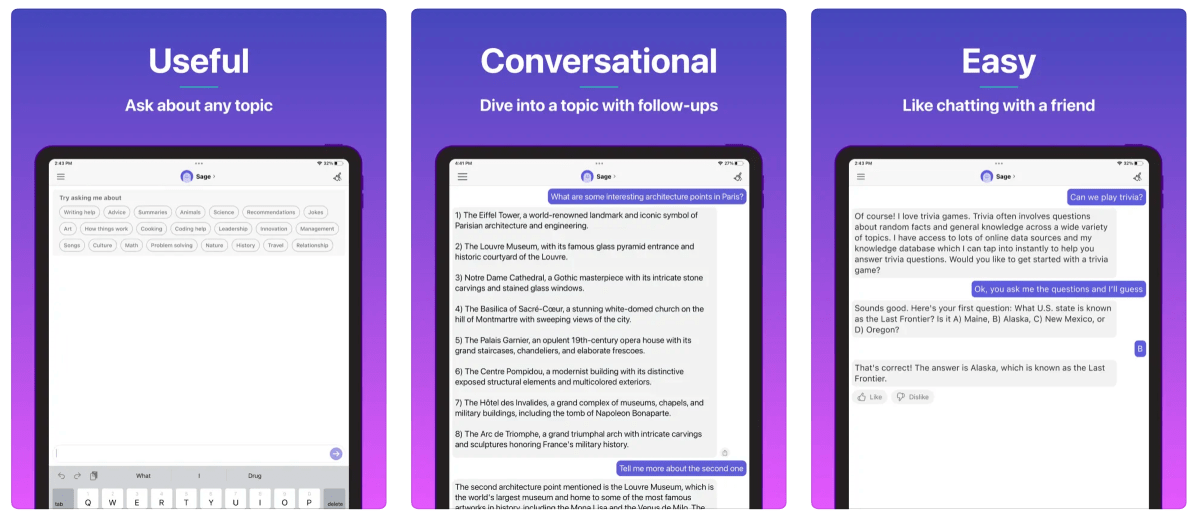In the dynamic landscape of artificial intelligence, Quora has taken a bold step by launching Poe, a platform designed to facilitate engaging dialogues with AI chatbots, reminiscent of the popular ChatGPT. Short for “Platform for Open Exploration,” Poe represents a leap forward in how users can interact with AI systems, providing instant answers, fostering discussions, and opening avenues for creative exploration. This article delves into the nuances of Quora’s innovative platform, its implications for AI development, and the challenges that lie ahead.
A New Era of Interaction
Poe is not just another chatbot; it aims to redefine user engagement by creating a seamless dialogue between people and AI. With an invite-only launch and an initial focus on iOS, Poe’s user interface mimics familiar messaging apps, allowing users to converse with multiple AI models, including well-known players like ChatGPT. The objective? To provide an easy and intuitive platform where knowledge seekers can get instant answers on a range of topics from cooking to coding.
The Power of Choice in AI Dialogues
One of Poe’s standout features is its ability to offer diverse AI interactions. Users can select from an array of prompts and suggestions designed to enrich the conversation. This positions Poe as a “text messaging app for AI models,” enabling individuals to easily switch between different AI personalities based on their needs. Imagine chatting with a baking assistant one moment and a coding guru the next—a dream for those who thrive on variety!
The Challenges of AI Ethics and Moderation
While Poe enhances user engagement, it faces significant challenges when it comes to ensuring the ethical use of AI. There has been growing concern about the biases and inaccuracies that AI systems can exhibit. Although Quora has stated that it relies on model providers to moderate content, the need for robust safeguards against harmful or misleading outputs cannot be overstated. How Poe navigates these complexities will be crucial as it evolves.
A Platform Built for the Future
- Inviting Collaborators: Poe plans to allow third-party model providers to submit their AI models for inclusion. This collaboration could foster a rich ecosystem of AI models, ultimately benefiting users with more choices.
- Scalability Matters: As mentioned by Quora, the focus is currently on scalability and gathering feedback. The introduction phase is critical, and Quora appears committed to iterating on the feedback received from early users.
- Business Models on the Horizon: Although monetization plans haven’t been explicitly outlined, Quora’s history in digital monetization makes it plausible that premium features could emerge as Poe scales.
Conclusion: The Path Forward
Poe captures the imagination with its potential to turn the tide in AI-human interaction. By leveraging Quora’s expertise in knowledge-sharing and user engagement, it sets a promising foundation for the exploration of AI’s capabilities. However, the success of Poe will hinge on addressing ethical concerns and ensuring a safe, enriching experience for users. As AI continues to evolve, platforms like Poe pave the way for innovative applications that resonate with the essence of user-generated knowledge and exploration.
At fxis.ai, we believe that such advancements are crucial for the future of AI, as they enable more comprehensive and effective solutions. Our team is continually exploring new methodologies to push the envelope in artificial intelligence, ensuring that our clients benefit from the latest technological innovations.
For more insights, updates, or to collaborate on AI development projects, stay connected with fxis.ai.

